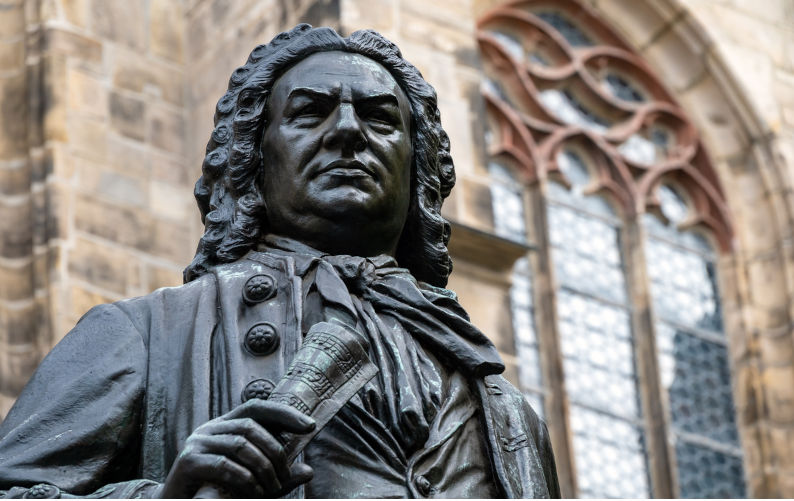A blessed synchronicity: How even memories of war can give hope for peace
November 17, 2024
Remembrance Day, 11 November: our little Monday afternoon music group. After the morning’s mournful recollections of war, cheerfully we’re comparing notes about our lives, friends, upcoming events in town. Then we settle back in our armchairs, ready for the music. Our hostess, Gretel Kempster, presses the button.
The chance synchronicity is like a wallop to the head. Remembrance Day. 20th Century World Wars. Hatred; vicious human cruelty; intolerable sorrow. And now…
Bach! The B Minor Mass: one of Germany’s—and the world’s—mightiest and most uplifting works. The living, sweeping essence of goodness and hope, beauty, love and forgiveness…
And who is singing this Mass with such holy, musical grace? (Even with impeccable Latin pronunciation!)
The choir of the Bach Collegium Japan… that’s who! Founded and directed by Masaaki Suzuki in 1990, it consists of a marvellous prize-winning choir of young Japanese singers, with an orchestra of musicians playing original instruments.
‘The music of JS Bach is part of the joint patrimony of mankind’ declares the Bach Collegium Japan website.
The synchronicity of it all can only bring a living surge of hope. So it seems we humans can rejoice in friendliness after all! Germans; Japanese; Australians: we all share so much! We can come to like—even love— those we’ve sniffily despised, snarled at, or even brutally attacked. The “not like us” are miraculously like us after all!
Bach’s music, and the very words of the Mass that he envelops in his surging melodies, urge us to seek peace and love above all else.
For more on this topic, P&I recommends:

